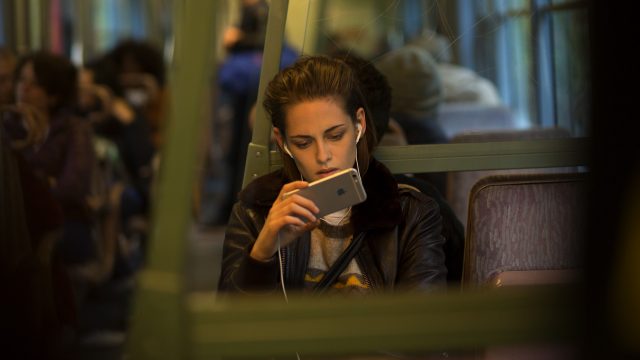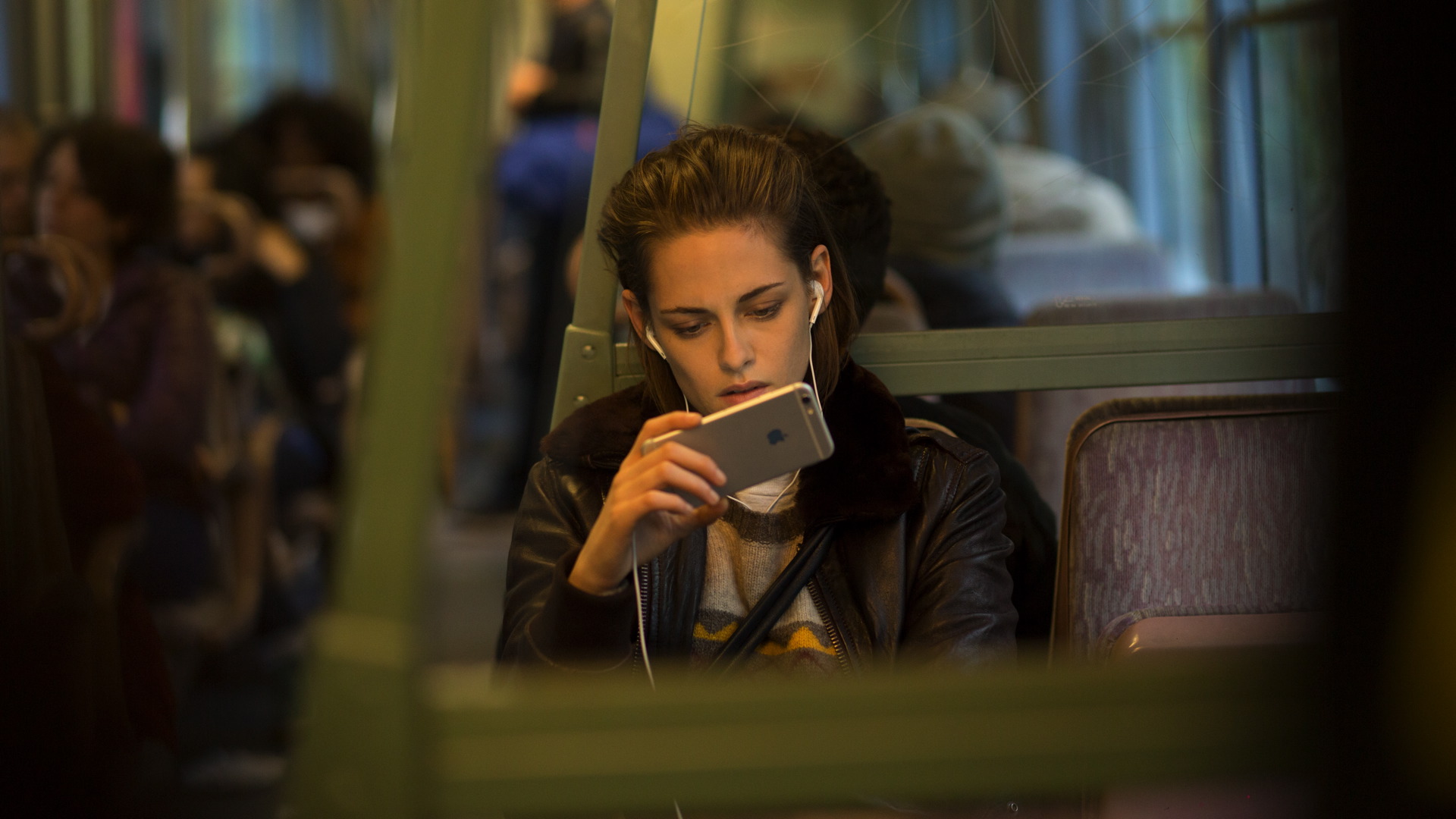How do social networks affect the human condition? This was found by scientists from the British University of Swansea. They published the results of their research in the Journal of Technology in Behavioral Science.

The scientists involved in the study are 50 students aged between 20 and 25. After that, they were asked to record data about their health status and use of social networks for three months.
One-third of the participants had to reduce the time in virtual life by 15 minutes a day, while the other had to continue using it as before. A third of students had to limit their time on the Web and computer to 15 minutes and use the resulting time for another activity.
According to the results, it turned out that the first group managed to significantly improve the indicators of the psychological state. Participants felt less lonely, complained less about depression, slept better, and were less likely to get sick.
Experts estimate a 15% improvement in immunity, a 50% improvement in sleep quality, and a 30% reduction in depression symptoms.
As a result, participants in the first group reduced their time spent on social networks by an average of 37 minutes per day. The second group increased their use of social networks by seven minutes. The third group increased their time online by 25 minutes per day. At the same time, it was the participants in the third group who noticed the most significant improvement in their physical health.
“It remains to be determined whether the association between social media use and health factors is direct or due to changes in wellbeing variables or other factors such as physical activity,” the researchers wrote.
Source: People Talk
Mary Crossley is an author at “The Fashion Vibes”. She is a seasoned journalist who is dedicated to delivering the latest news to her readers. With a keen sense of what’s important, Mary covers a wide range of topics, from politics to lifestyle and everything in between.





